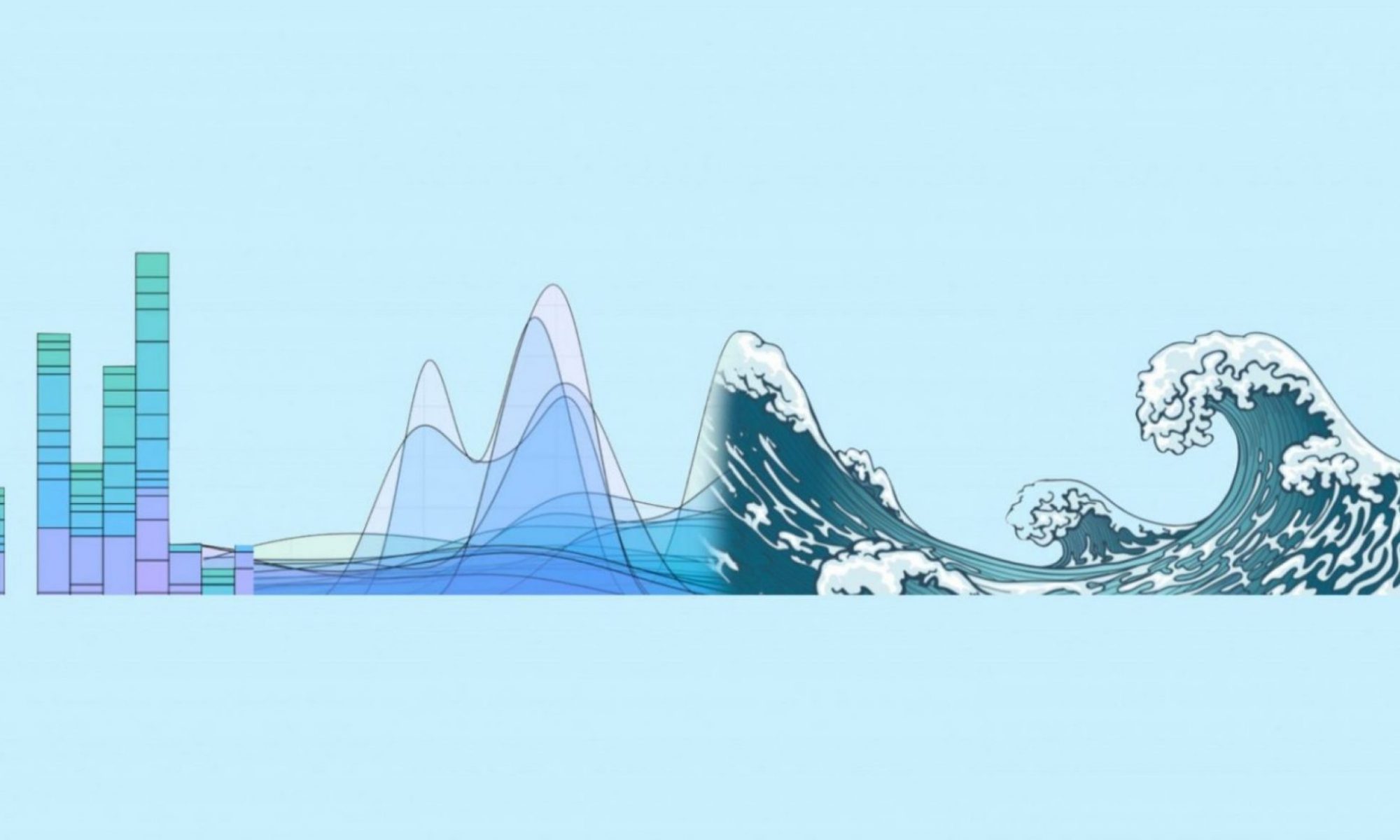HAT-group WINTER EVENTS: December 2-4, 2023 in Turku
Download the Symposium Leaflet in pdf
About the HAT project
The notion of evolution extends far beyond biological species. Languages change, music or fashion tastes continuously evolve, civilizations emerge, prosper and go extinct, economies rise and decline, financial or societal crises come and go. A big question of scientific and public curiosity is: to what extent evolutionary processes that underlie such dramatic transformations are alike across different domains? Do the same mechanisms operate across different time scales from financial crises spanning hours to mass extinctions spanning thousands of years? Do species, economies, languages, cultures age in the same way, and could their decline ever be predictable?
These questions on how evolutionary processes compare in nature and society have great societal implications for the long run. Epidemics, financial crises, climate disasters and military conflicts rise suddenly and change common ways of living. What policies should and can be adopted for the long run? How to prevent and manage crises? How to balance resources?
The project is funded by Kone Foundation (years 2021-2025). These questions are investigated by an interdisciplinary team of scientists representing data science, computer science, evolutionary biology and palaeontology, economics, linguistics and urban science at University of Helsinki, University of Turku, Tampere University, VVT Technical Research Center and Finnish Natural History Museum LUOMUS.
As the world is changing at unprecedented rates, we can no longer hope to learn in a meaningful way how the world is at any given time, since by the time we learn, the world has already changed. We need a process-level understanding of how to think about the rapidly changing world, and how to think about the signs of change that we can observe.
